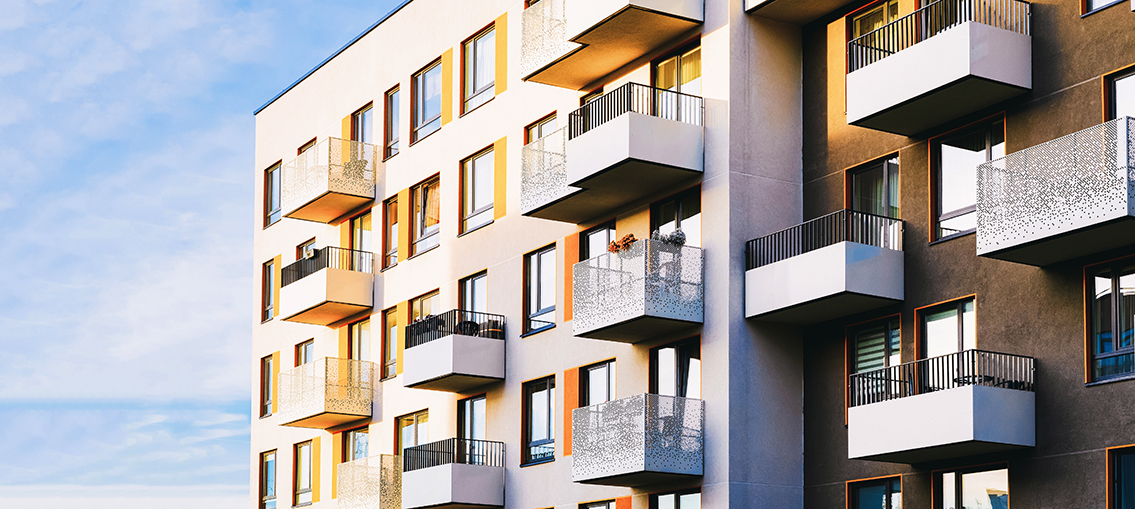Whenever you purchase a property, it is in your best interest to have the building professionally inspected to understand its condition to invest with sound judgment. For most people, this means they will hire a home inspector before they finish closing on their single-family home.
However, suppose you are a property manager, real estate investor, or landlord purchasing a multi-family rental property like an apartment building or sizeable rental complex. In that case, you will also want to get a professional inspection conducted at the time of purchase. Your tenants and renters will be the primary dwellers, so your inspection timeline differs from the average homeowner's. Here's what you need to know about rental property inspections:
What is a Rental Property Inspection?
When inspecting any property type, the inspector will assess all the major systems and structures of the building. For a rental property, some of these significant structures and systems are shared by multiple units: roof, foundation, mechanical systems such HVAC, electrical, and plumbing, and sewer connections, to name a few. As the building owner, it's essential to know how much working life is remaining in these components or if any significant defects pose a risk to your tenants or the health of the building.
Individual Units
It is strongly recommended that your inspector assess every unit within the building during your inspection. You never know what state the previous owners and tenants left their units in, and just because one unit is in good condition does not guarantee that all units in the property are in the same condition. Ensure you are allowed access to each unit at the time of the inspection.
Environmental Concerns
Lastly, there are environmental concerns that may impact your property. Issues like mold, asbestos, lead paint, radon, and even wood destroying organisms like termites pose a serious risk to your tenant's health and often require a high cost to cover the remediation. Check with your inspector to see if they offer any of these additional services, as regulations and licensing vary by state.
When is the Right Time for Rental Property inspection?
Initial Purchase of the Property
Getting an inspection allows the buyer to see the complete picture and fully understand their investment.
Routine and Follow Up Inspections
Routine maintenance is necessary for all property types. Not only does it ensure the longevity of the various home system and components, but it's an excellent way to catch issues early before they lead to more significant, more expensive problems. Since most property managers or landlords do not live in their buildings, you have to rely on tenants to notify you when any issues arise. To get ahead of problems before they become more extensive, you may want to create a timeline to conduct routine property inspections yourself to be aware of the condition of the specific units and overall building over time. Checks can be as simple as a drive-by inspection to assess the exterior's condition to walkthrough inspections of units every few months.
You will want to hire a professional home inspector to inspect the entire property every 3-5 years, primarily to assess the building's shared features like the roof, crawlspace, and foundation. Call on the inspector's technical expertise and specialized tools to uncover the condition of everything more thoroughly than you would be able to learn during a walkthrough inspection on your own. The inspection report will detail any defects found and give you a clear picture of any repairs needed now or in the future.
Wrapping Up
For owners of multi-family rental properties, routine inspections to continually monitor the condition of your property are just as important as the initial property inspection during the purchasing process. Staying on top of this will help you catch any issues that arise early, saving you time and money in the long run!



